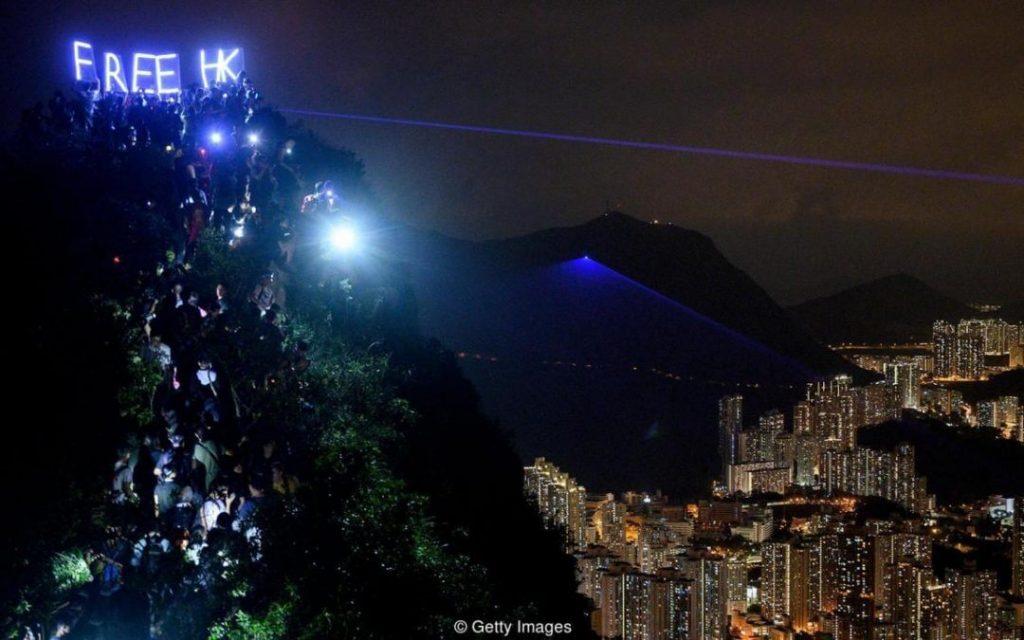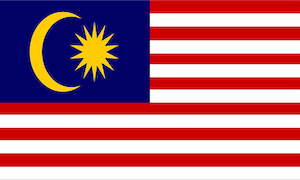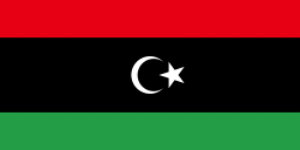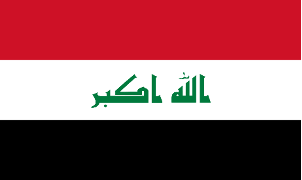December 12, 2019


Malaysia will proceed with criminal charges against Goldman Sachs due to the losses caused by Goldman Sachs in the 1Malaysia Development Berhad scandal. The losses amount to US$7.5bil (RM31.19bil) from Goldman Sachs alone, which is disputed by a Bloomberg report that speculates Goldman Sachs will ultimately pay less than US$2bil. Malaysian Prime Minister Tun Dr Mahathir Mohamad recently told Reuters in an interview that Malaysia would prefer to avoid going to court, but only if a reasonable offer could be agreed upon.
On Tuesday, Prime Minister Mohamad announced that he would hand over power to anointed successor Anwar Ibrahim in spite of new sexual assault allegations against him. The world’s oldest Prime Minister at 94 years old, Mohamad told Reuters that he would not hand over before a summit of Asia-Pacific Economic Cooperation (APEC) countries that Malaysia will host in November of 2020. Ibrahim, 72, has been jailed twice on separate counts of sodomy and for corruption.

This week, US-North Korean relations have further deteriorated as North Korean Deputy Foreign Minister Ri Thae Song threatened the United States. The minister confirmed the possibility of North Korea resuming long-range missile tests, as well as shared how “it is entirely up to the US what Christmas gift it will select”. North Korea insists that if the US does not change its position on nuclear negotiations the North will retaliate. So far, the US has not capitulated and maintains its position on nuclear negotiations.

On Wednesday, a probe composed of foreign experts that was delegated to objectively investigate police brutality in Hong Kong abruptly quit, citing failure to agree on a formal process with the Independent Police Complaints Council (IPCC). The commission, which serves as a police watchdog, lacks the powers necessary “to meet the standards citizens of Hong Kong would likely require” in a society that “values freedom and rights”, according to the experts. The decision by the foreign panel to quit is likely to heighten protesters’ demands for an independent probe, and increase public distrust of government institutions.

This week, an Al Jazeera correspondent interviewed Libyan families who had been displaced by the eight-month-long conflict between Tripoli’s Government of National Accord and Haftar’s Lybian National Army. The family that the correspondent interviewed is just one of 130,000 others who had been displaced during the conflict. The interviewees spoke of the housing crisis in Tripoli and the harsh living conditions they had been forced into. Many families are demanding that the Tripoli government provide them with compensation for their lost homes. The government has yet to meet their demands.

A methane surge has been detected in South Sudan by researchers from Edinburgh University, UK. According to their studies, a big jump in emissions coming from the wetlands of South Sudan could be responsible for at least part of the recent growth in methane (CH4) levels in the atmosphere. A potent greenhouse gas, Methane is increasing its concentration in the atmosphere and thereby exacerbating the climate crisis.
This week, the U.S. placed sanctions on 5 South Sudanese nationals for their alleged roles in the abduction and execution of two prominent critics of President Salva Kiir’s government nearly three years ago. The South Sudanese government has consistently denied responsibility for the disappearance of human rights lawyer Dong Samuel Luak and Aggrey Idri, a member of the Sudan People’s Liberation Movement in Opposition (SPLM-IO). However, a U.N. panel of experts said it verified evidence strongly, which informed the U.S. treasury’s decision.

This week, the Iranian President Hassan Rouhani announced the government’s $39bn budget plan aimed to combat harsh US sanctions; he coined the budget plan a “budget of resistance”. In May of last year, the US imposed strict sanctions on Iranian oil, which led to economic turmoil with inflation of over 40%. In turn, the economic downfall caused months of deadly protests throughout Iran as protesters challenged the rise in fuel costs. Rouhani shared the budget would “announce to the world that despite sanctions we will manage the country, especially in terms of oil.” He aims for his budget to aid Iran in overcoming economic difficulties and ease public unrest.

Two powerful Iraqi tribes from the South of Iraq have decided to fill the government and security vacuum left by the past two months of violence and unrest. According to tribal leader Oday Sharshaab al Badour, people in the south of Iraq have completely “lost trust in the government”. Seeing as parliament members from the southern Iraqi province have resigned and local councils have dissolved, the local leaders see no choice but to assume leadership. The leaders have formed a joint statement demanding the resignation of parliament and early elections. In the statement, the leaders wrote: “We stand with the demonstrators and their legitimate demands. We denounce anyone from security forces who had a hand in the bloodshed”. Though security forces have recently claimed a new, calmer state, demonstrators interviewed across the country are still sharing reports of violence and clashes.

This week, former Lebanese Prime Minister Saad Hariri, who resigned recently to appease protesters, asked for international help to finance the country’s imports. Currently, Lebanon is facing its “worst economic crisis in decades”. This economic crisis is what triggered the now two-month-long protests throughout the nation, in which protesters called for the complete overthrow and restructure of government. However, it has been made clear that international aid will come with its own list of demands. International support seems to be tied to the new restructured government that is expected to take shape.

This week, the World Food Programme has pledged to double the number of people it will provide emergency food to in Zimbabwe. According to a United Nations study, nearly half of the country’s 14 million population are suffering from severe hunger. Amid a call for increased funding to its donors, WFP Executive Director David Beasley said in an emailed statement “We’re deep into a vicious cycle of sky-rocketing malnutrition that’s hitting women and children hardest and will be tough to break . . . with poor rains forecast yet again in the run-up to the main harvest in April, the scale of hunger in the country is going to get worse before it gets better”.

A Nicaraguan judge has ruled that 16 opposition activists will be tried for weapon charges. The opposition activists were arrested when delivering water to protesters participating in a hunger strike. Police claimed to have found weapons at the site of the hunger strike and accused the individuals who brought water to the protesters of “illegally transporting arms”. The activists deny the accusations and maintain they solely brought water to the hunger strikers. The Nicaraguan Human Rights Center has criticized the judge’s ruling, calling the process “tainted”.

This week, the Inter-American Commission on Human Rights (IACHR) called for an investigation into human rights abuses committed in Bolivia after the controversial October election. Weeks after the election and Evo Morales’ resignation in early November, violent clashes between police and protestors have prompted international concern. In its initial report, published on Tuesday, the IACHR said it had found “strong indications of human rights violations, with profound repercussions for the life of Bolivian society”. Bolivia’s interim government, led by Jeanine Anez, has disputed the report, stating that “The Ministry of the Presidency considers that this is an unfair report that has not evaluated everything that happened during the events in November”. According to the report, 36 people have been killed in the post-election violence.